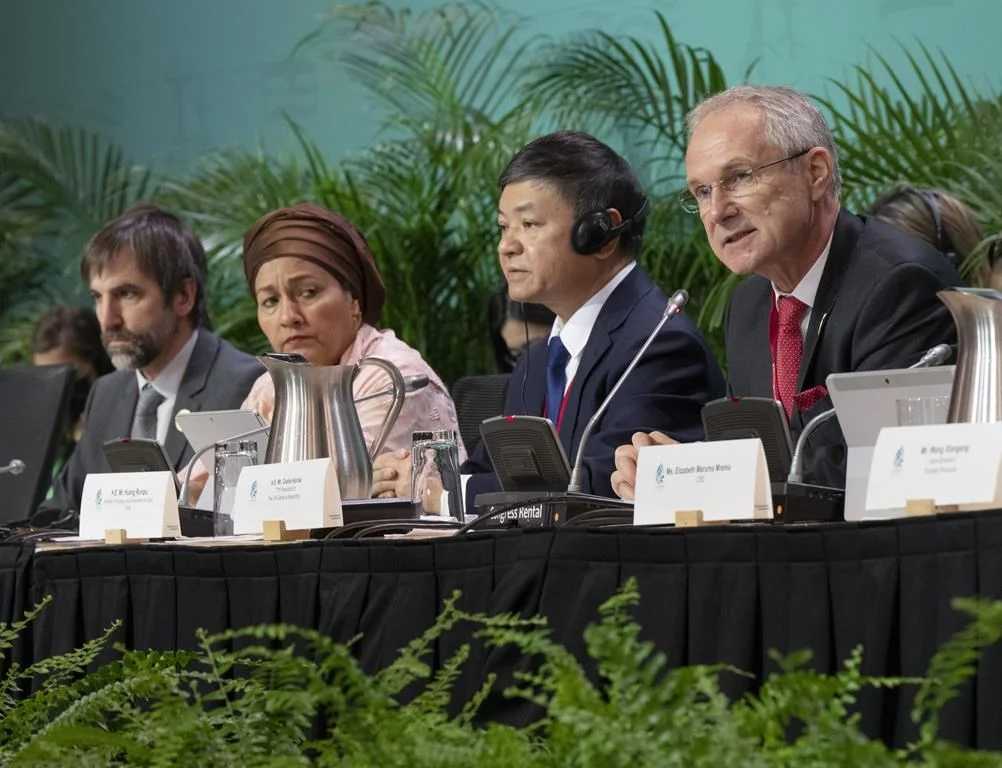The Deputy Secretary-General of the United Nations, Amina Mohammed, has said that “trust deficit” is the reason for the ongoing tension around public financing to save nature as wealthier countries have failed to fulfil their financing promises to developing nations in the past.
Mohammed joined the COP15 nature talks in Montreal this week as negotiations went their way toward Monday’s finish line with no certainty yet that a new biodiversity agreement will be reached.
The main objective of negotiations between governments and other stakeholders is to get every country to agree to work towards protecting 30 per cent of land and marine area by 2030, but it is proving a difficult thing to do with only two days to go, with some developing nations and Indigenous communities saying they fear they will be forced from lands that they have already been conserving for decades.
Read also: US, France partner to launch a satellite to map world’s oceans, rivers, lakes
But the fight between wealthier nations and developing countries about funding the estimated US$700 billion annual price tag to conserve nature may be the harder chasm to close.
Mohammed says that over the past few years, wealthy nations have fallen short in their promises to provide financial support to developing countries on climate action and adaptation, which has now led to mistrust.
She urged countries to do everything they can to overcome their trust issue because allowing nature to be destroyed at current rates will lead to the downfall of humanity.
“The ambitions for biodiversity are about all of us. They are commitments that we all need to take because it affects us as humans. If we don’t take care of our biodiversity, there will be no us,” Mohammed said.
Story was adapted from Global News.
